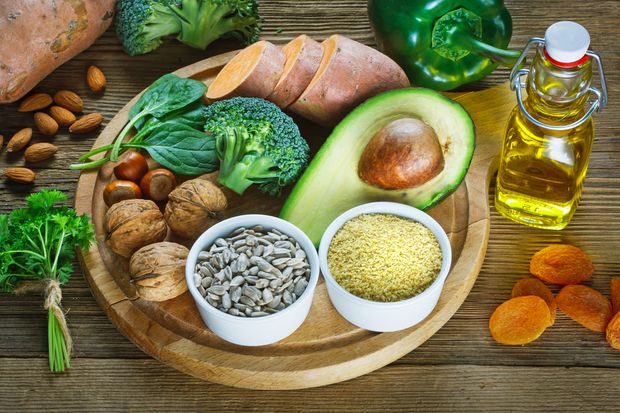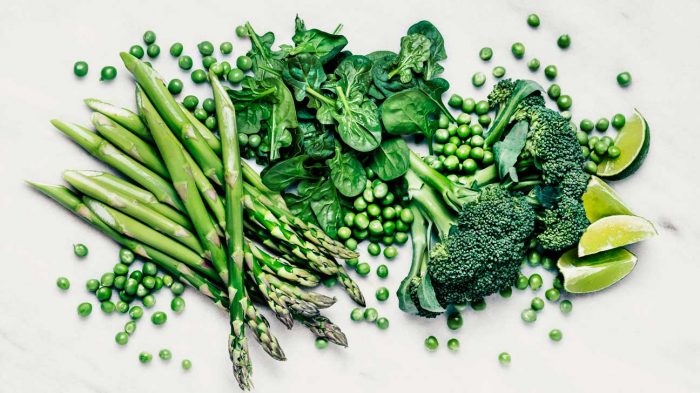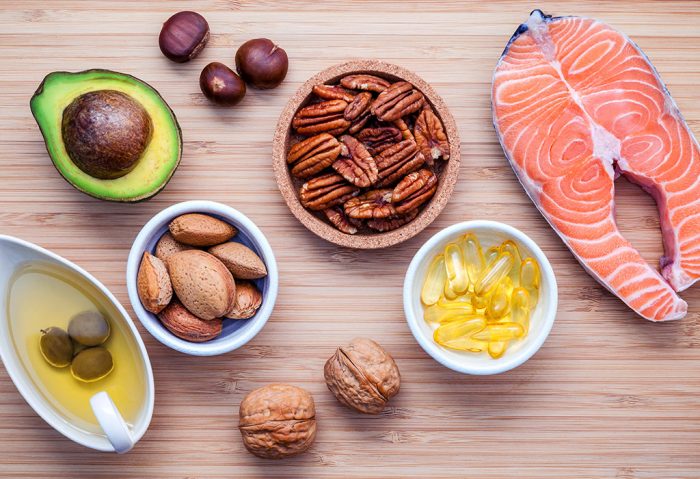5 Must-Have Nutrients To Keep Your Eyes In Sight

With the outbreak of the Coronavirus pandemic and subsequent lockdown, every office and school goer has been pushed in front of devices like mobile phones, tablets, and laptops. The spread of infection led to the closure of offices and schools and soon, work from home and study from home modules started gaining popularity among most organizations. This increased in the screen time of a majority of the individuals among us.

According to a survey, more than 90% of the participants reported at least one symptom that occurs due to the use of digital devices. While one continues to strike a balance between work and health, it also becomes compulsory to take care of our eye health because they shoot up in the amount of time spent in front of the screen can take a toll on our eye health.
Let’s have a look at 5 vitamins and minerals that help our eyes work in a better way:
Beta carotene and vitamin A
Vitamin A keeps the cornea or the outer protective layer of the eye healthy and clear. It safeguards the eye from age-related eye disorders and cataracts.
Apart from this, vitamin A is also known to activate a protein called rhodopsin in the eye. This protein helps us to see in dim light.
Beta carotene is the precursor of vitamin A. It gets converted into vitamin A inside the body. So, consumption of food rich in beta carotene ensures appropriate levels of vitamin A in the body.
Natural sources of vitamin A and beta carotene include leafy green vegetables, orange, papaya, eggs, vegetables such as carrots, pumpkins, sweet potatoes, etc.

Vitamin E
Several eye diseases are caused due to production of unstable molecules called free radicals. They damage the healthy tissue of our eyes. Now, vitamin E is stacked with antioxidant properties. According to studies, a diet rich in vitamin E and antioxidants can reduce the risk of developing cataracts in the future.
So, fend off free-radical damage by consuming natural sources of vitamin E like nuts, seeds, avocado, leafy green vegetables such as spinach and broccoli, and fish like salmon.

Vitamin C
Vitamin C is crucial for the protection of cells and blood vessels in the eyes. It also helps in the proper functioning of eye nerves. Besides this, vitamin C is also important for the production of collagen, a protein that provides structure to the eyes.
Vitamin C is a water-soluble vitamin and hence does not get stored in our body. One needs to take it daily to avoid its deficiency.

Get a daily dose of vitamin C with the consumption of oranges, limes, grapefruit, kiwifruit, strawberries, tomatoes, red and green peppers, and broccoli.
Lutein and Zeaxanthin
The central part of the retina called the macula contains natural forms of lutein and zeaxanthin. These are yellow carotenoid pigments essential for the protection of the eyes against high-energy UV rays of the sun.
The natural sources of these pigments are leafy green vegetables like spinach, broccoli, and asparagus and colorful fruits like raspberries, papaya, peaches, and mangoes.

Omega-3 Fatty acids
Omega-3 Fatty acids are important for tear production, vision development, and proper functioning of the retina. They have also been found useful in reducing inflammation and supporting the oily outer layer of the eye.
Natural sources of Omega-3 include Oily fish (Salmon, trout, sardines), sunflower oil, nuts (walnuts), seeds (chia seeds and flax seeds).

If not available, one can take them in form of supplements. Supplements with optimum levels of EPA (eicosapentaenoic acid) and DHA (docosahexaenoic acid) can fulfill the daily requirements of omega-3 fatty acids.
So, if you are having mild eye pain, burning sensation, redness, watery eyes, or drying of eyes, don’t rush to an eye expert because these are common signs one can experience after using devices for a long. Science proves that eating nutrient-dense food reduces the risk of developing eye disorders like cataracts and age-related macular degeneration later in life.
Just ensure to get your dose of nutrients with your daily diet. That would be enough to keep your eyes healthy.










